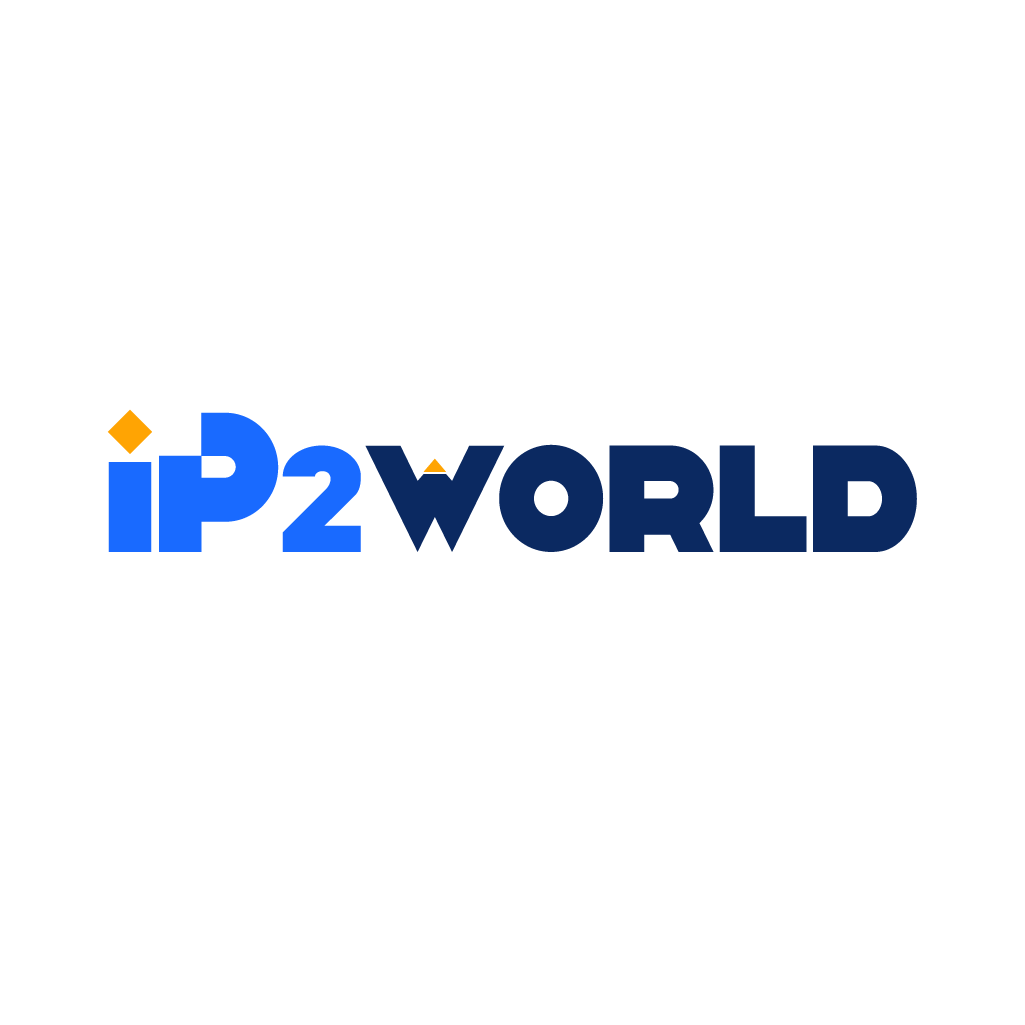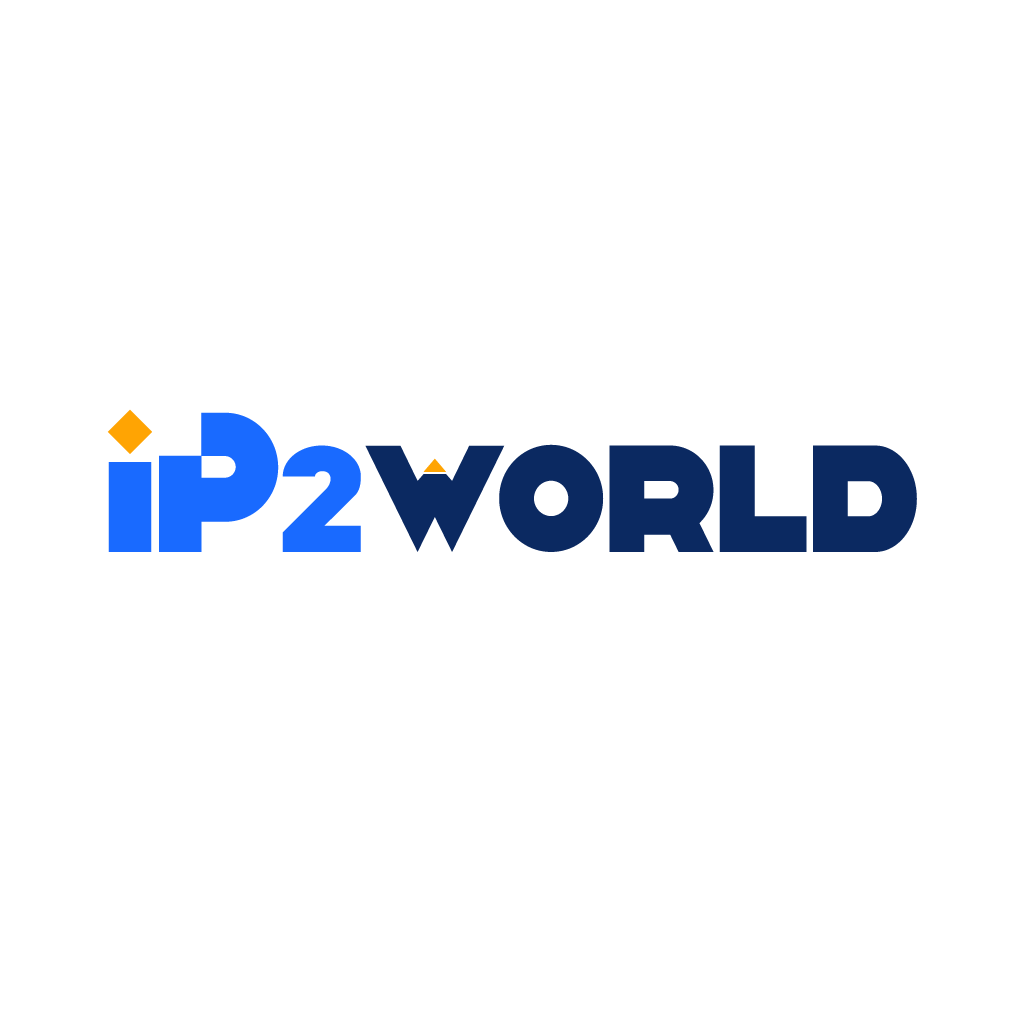In the ever-complex world of marketing, understanding your target buyer is crucial. This article seeks to dissect the unique characteristics of B2B (business-to-business) and B2C (business-to-consumer) buying processes. By diving deep into these facets, we aim to provide actionable insights for marketers. Importance of Understanding Buying ProcessesUnderstanding these processes is not just academic; it's essential for crafting effective marketing strategies. It helps in targeting your audience better and meeting their specific needs. After all, a well-targeted marketing strategy is far more likely to succeed. B2B Buying ProcessStakeholdersIn a B2B setting, the decision-making process is often a committee effort. A typical buying committee could include members from finance, IT, procurement, and even the C-suite. Each stakeholder brings a different perspective, which results in a holistic but complex decision-making process. TimeframeTime is a luxury in B2B buying. Given the need for committee approvals and comprehensive evaluations, these buying cycles are generally more extended. But remember, good things take time, and in a B2B context, a longer cycle often translates to well-thought-out decisions. Research-Driven Decision MakingYou wouldn't go into a battle without a strategy, right? Similarly, B2B buyers heavily rely on thorough research. Whether it's sifting through whitepapers, watching webinars, or even hiring industry experts for consultations, they leave no stone unturned. Focus on ROIIn the B2B world, ROI isn't just a buzzword; it's a mantra. Most purchasing decisions are made with a sharp focus on long-term value, overshadowing the upfront costs. It's not about the price tag but what you get for that price. B2C Buying ProcessIndividual Decision MakingHere, the scene is more like a one-man show. A single person usually drives B2C decisions. No need for endless meetings or getting multiple stamps of approval. Speed of the ProcessIf B2B is a marathon, B2C is a sprint. Transactions often happen in a heartbeat. Just a few clicks, and boom, you've made a purchase. Convenience is king in this realm. Emotionally Driven DecisionsRemember the last time an ad made you laugh or cry? B2C marketers are magicians of emotion. They aim to hit the emotional chords to prompt immediate action. Focus on Satisfying Needs/WantsWhile B2B is all about logic and long-term value, B2C is often about fulfilling immediate needs or even impulsive wants. Here, it's more about what feels right at the moment. Key Differences SummarizedSide-by-Side ComparisonB2B is like chess, strategic and long-term, while B2C is more like a game of darts—quick, impulsive, and immediate. Although both aim to meet the needs of their respective audiences, the approach is remarkably different. Target Audience and Their ExpectationsIn B2B, you're talking to a boardroom, whereas, in B2C, you're talking to an individual. Understanding this can make or break your marketing strategy. Implications for MarketersSales Funnel StrategyA one-size-fits-all approach won't work. B2B requires a longer sales funnel that nurtures potential clients over time. In contrast, B2C is all about getting that quick sale. Lead NurturingIn B2B, expect to send multiple follow-up emails, offer premium content, and even conduct one-on-one demos. For B2C, think flashy ads and limited-time offers. Marketing Automation ConsiderationsB2B marketers might use sophisticated CRM software to score and nurture leads, while B2C marketers may rely on social media algorithms to retarget ads effectively. Additional InsightsMarketing ChannelsFor B2B, think LinkedIn, whitepapers, and industry webinars. For B2C, it's more about viral posts on Instagram or TikTok challenges. Communication StyleB2B thrives on formality and professionalism. B2C? Well, it's like chatting with a friend—casual, straightforward, and relatable. ConclusionSummary of Key TakeawaysB2B and B2C buying processes may seem worlds apart, and in many ways, they are. However, the essence remains the same: understanding your buyer. Whether you are targeting a conglomerate or an individual, knowing how they buy is the first step in crafting a marketing strategy that converts. Action Steps for MarketersKnow your buyer, tailor your approach, and choose your channels wisely. A well-crafted strategy considering these aspects will not only connect better but also convert better.
2023-10-24




